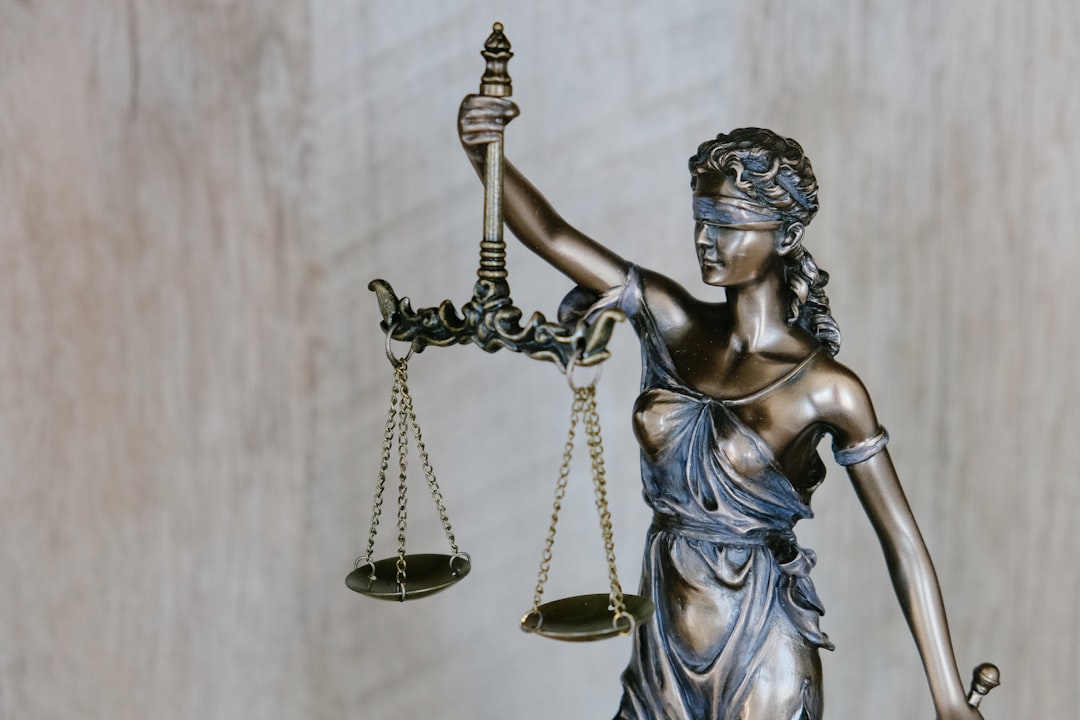Survivors of sexual abuse in bustling cities like New York often feel isolated, with the fast-paced environment intensifying these feelings, leading to withdrawal and difficulty forming new connections. Reaching out for support, including consulting sexual abuse attorneys in New York or joining tailored support groups, is vital for healing and finding community. Building a strong urban support system, including legal guidance from specialized sexual abuse attorneys, empowers survivors to take control of their lives and begin their journey towards recovery.
Feelings of isolation after sexual abuse can be overwhelming, especially in a bustling metropolis like New York City. This article offers guidance on navigating these challenging emotions. We explore the unique aspects of isolation stemming from sexual assault within NYC’s urban landscape. Learn about the importance of legal support and advocacy with sexual abuse attorneys New York. Discover strategies for building a supportive network and paths to healing and recovery tailored to city life.
Understanding Isolation After Sexual Abuse

After experiencing sexual abuse, it’s common for survivors to feel isolated and disconnected from the world around them. This sense of isolation can be deeply upsetting and make it challenging to cope with what has happened. In New York City, where the pace of life is often fast-paced and bustling, these feelings can feel even more intense. The city’s vibrant landscape may seem like a stark contrast to the personal struggle one is facing.
Survivors might withdraw from social interactions or find themselves unable to participate in activities they once enjoyed. They may also experience difficulty forming connections with others, which can exacerbate their sense of isolation. It’s crucial for survivors to remember that these feelings are not unique to them and that reaching out for support is a vital step towards healing. Consulting with sexual abuse attorneys in New York or connecting with support groups tailored to survivors’ needs can be transformative, offering a sense of community and understanding during the recovery process.
The Impact of Location: Living in New York City

Living in a bustling metropolis like New York City can be both exciting and isolating, especially for survivors of sexual abuse. While the city offers a vibrant tapestry of people and experiences, it can also feel like a labyrinthine maze where it’s easy to get lost and experience profound loneliness. Survivors may struggle to navigate this hustle and bustle, particularly if they’re still processing their trauma. The energy and pace of city life might seem overwhelming, making it challenging to find moments of peace and quiet, which are crucial for healing.
New York City’s diverse neighborhoods can provide a sense of community, but for survivors, finding safe spaces and supportive networks tailored to their experiences is essential. This may involve seeking out specialized support groups or connecting with sexual abuse attorneys in New York who can guide them through legal processes while also offering emotional support. It’s about discovering resources that cater to the unique challenges of urban survival after such a traumatic event.
Legal Support and Advocacy: Reaching Out to Sexual Abuse Attorneys

If you’ve experienced sexual abuse in New York City, reaching out to sexual abuse attorneys can be a significant step towards justice and healing. These legal professionals specialize in navigating complex laws and providing advocacy for victims. They can guide you through the often-confusing legal process, ensuring your rights are protected while you cope with the aftermath of trauma.
Sexual abuse attorneys in New York City offer expertise in various areas, including criminal cases, civil lawsuits against perpetrators or institutions, and support during court proceedings. They provide a safe space to discuss your experiences and help you understand the legal options available. Their advocacy can be instrumental in holding abusers accountable, seeking compensation for damages, and ensuring your voice is heard while promoting systemic changes that prevent future instances of sexual violence.
Building a Support System in NYC

Navigating the aftermath of sexual abuse can feel overwhelming, but building a strong support system in New York City is a significant step towards healing. The city’s diverse communities offer numerous resources for survivors, including local support groups, counseling services, and advocacy organizations dedicated to assisting individuals who have experienced sexual violence. These networks provide safe spaces where you can share your experiences, gain valuable insights from peers, and access professional guidance tailored to your needs.
Seeking help from sexual abuse attorneys in New York is another crucial aspect of this process. Legal professionals specializing in these cases can offer support by helping you understand your rights, pursuing justice, and ensuring that you receive the compensation and care you deserve. They play a vital role in empowering survivors to take control of their lives and begin the journey towards healing and recovery.
Strategies for Healing and Recovery

Healing from sexual abuse is a deeply personal journey, and there’s no one-size-fits-all approach to recovery. However, several strategies can help individuals navigate their feelings of isolation in New York City. One crucial step is to build a support network—reaching out to trusted friends, family members, or joining support groups where you can connect with others who have experienced similar trauma. These connections offer a sense of belonging and understanding, helping to combat the isolating effects of abuse.
Seeking professional help from therapists or counselors specialized in sexual trauma is another vital part of the healing process. Therapists can provide valuable tools for managing emotions, processing the trauma, and rebuilding self-esteem. Additionally, considering legal support from sexual abuse attorneys in New York can offer justice and closure. This combination of emotional, psychological, and legal support can empower individuals to take control of their recovery and begin to rebuild their lives.






